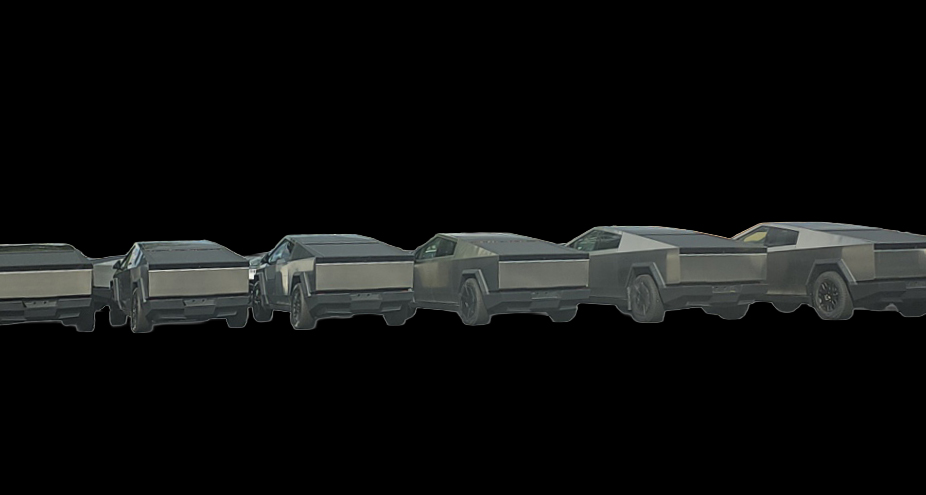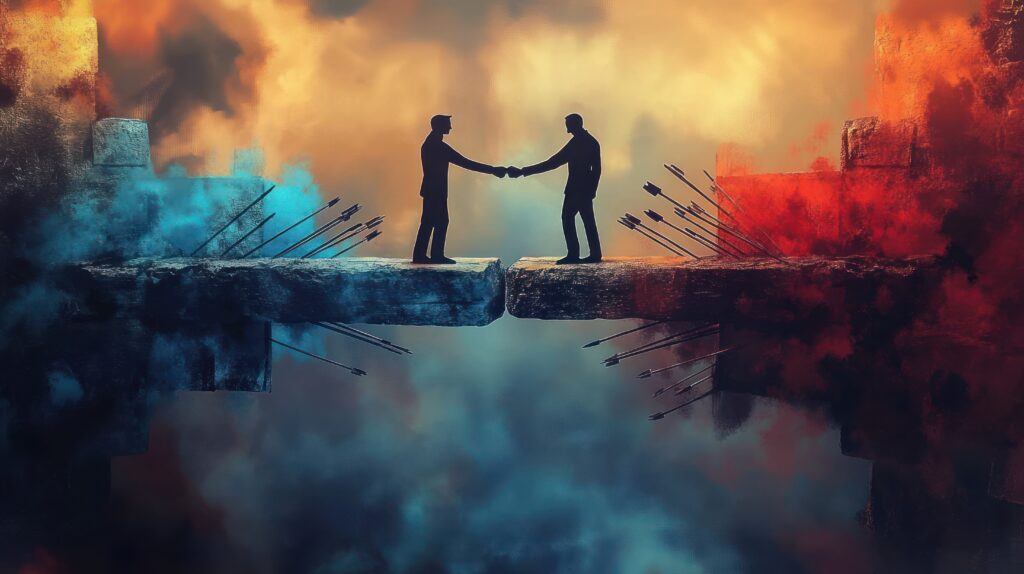EMPATHY IS ESSENTIAL!
By Dolly Haik-Adams Berthelot © 2025
“The fundamental weakness of Western Civilization Is empathy.” Said Elon Musk.
Yes, he really said it, as verified by fact checker Snopes. Didn’t merely believe it, as indicated by many actions he’s known to have taken, especially since 2025, when he catapulted to kitchen table prominence.
The man who has been empowered to snatch away the livelihoods and (for some) the lives of multitudes in the US and beyond said it aloud on the Joe Rogan Experience podcast February 28, 2025. Said it blatantly, apparently with no shame. Shame typically requires empathy.
In a recent NY Times guest essay provocatively entitled “The Dark Side of Empathy,” Applied Empathy author Michael Ventura indicates Musk has acknowledged empathy may have some purpose, if it comes from a position of strength, not weakness. And Musk has effectively used cognitive empathy to design and provide products like electric and self driving cars and SpaceX. (Cognitive empathy shows a mental understanding of others. Affective empathy shows a more emotional connection.)
Ventura explains, “Empathy that connects, that builds, that heals, requires a code of ethics. It requires restraint. It requires trust. It asks the empathizer not just to understand others but also to honor what that understanding unlocks. When empathy becomes unmoored from ethics, it becomes coercion with a smile.”
He cautions, “Empathy without accountability is hollow and deceptive. It lulls people into false security. And it fractures the very trust it pretends to build.
“And yet we can’t write off empathy. That’s precisely what the provocateurs want. They want to reframe care as weakness, dignity as naïveté and trust as a liability. Let’s not take the bait.
“If we want better leadership in business, politics and technology, we need to reclaim empathy as a responsibility. We need to teach it not just as a soft skill but also as a disciplined practice, bound by ethics and rooted in our shared humanity. We must hold leaders accountable, not only for what they say but also for how—and why—they seek to understand us.
“So, yes, Mr. Musk is an empath.” Ventura concludes, “Just not the kind we need.”
I have personally been concerned about the pervasive lack of empathy my entire adulthood, which is to say, since the late 1960s, and have periodically been exploring more about it since the 1980s and 90s. We certainly need a lot more empathy than seems present now in our leadership and in our society at large. Various studies indicate a decline, not merely this year, but for many before, starting in the later 1970s.
According to The 2025 Compassion Report, respondents claimed that empathy toward marginalized groups has further decreased, as only one in three Americans feel compassion for all groups of people. (Emphasis mine).
I agree strongly with MIT Professor Sherry Turkle, “For me, empathy needs to become an integral part of citizenship. And when this kind of empathy, let’s call it empathy taken to a higher power, does its work, you don’t begin by saying, “I know how you feel.” You start with, “I don’t know how you feel. I’m here to listen to you and to do the work that I need to do to be able to hear you.” Empathy begins with humility and commitment.
Various research and expert comments indicate that being empathetic does not mean rushing to advise or tell someone what to do or how to do it. That’s arrogance, not humility, and not empathy, experts concur, though the compassionate adviser may well be intending to help.
Effective Empathy can be blocked by being judgmental, apathetic, fearful, hurt, or angry, or by not being fully authentic ourselves.
We can each cultivate empathy as follows:
- Be honest and empathetic with ourselves, know and accept our authentic selves.
- Pay close attention to another person, noticing verbal and nonverbal cues.
- Inquire. Ask thoughtful questions. An important one: help me understand…
- Use mirror statements. Play back what you think you understand so they can correct you if necessary.
- Practice—with strangers, acquaintances, neighbors, coworkers, friends, family.
And I would add, practice in your mind as well as in person when possible with groups of people you may consider vastly different from you, whether differing in age, gender, sexual orientation, race, ethnicity, politics, beliefs, faith, abilities, size, health, economic and educational and citizenship status, geographic roots, etc. We are all just people, but that doesn’t mean we are all alike. UNDERSTANDING and RESPECTING the differences is essential.
Conflict itself is not necessarily unhealthy. In fact, it can be quite healthy, if handled well. Far better than groupthink. Empathy suggests not the absence of conflict but a way of handling conflict, of connecting cognitively and emotionally as we try to build bridges across differences.
Empathy is the bedrock of civilization, Western and otherwise. As I have emphasized in my philosophical mini memoir SCARS to STARS, empathy is the essence of the golden rule, the core value that undergirds and connects myriad religions that otherwise may differ in beliefs, practices, scripture, liturgy, leadership, music, and styles; religions may in fact differ in every other aspect of their faith—except that one core value: empathy, simply caring about other human beings enough to try to understand them and connect with them.
Granted, it can be argued that religions have often acted in extreme contrast to the golden rule, from the Crusade slaughters in the name of God to Islamist terrorism in the name of Allah, but treating people well is supposed to be a core value. An ideal. Ideals are rarely fully met, but they give us something to which we aspire.
Empathy is also the foundation of thoughtful humanists and other non theists, including atheists.
Helen Arendt (1906-1975) was a German and American historian and philosopher who is considered one of the most influential political theorist of the 20th Century. Her wise and prescient quote has lately been showing up on FaceBook (and was beautifully discussed by Michael Corthell in a March Substack essay.) Arendt said, “The death of human empathy is one of the earliest and most telling signs of a culture about to fall into barbarism.”
Sadly, history has repeatedly proven her correct. We might possibly still have time to prevent history from repeating itself. Again.
When all around us empathy seems to be absent or disappearing, let’s try to practice it. Really try.
My 10th blog will be my last weekly Dr Dolly’s Musings, at least for the time being. I have no idea what my 10th topic will be. I welcome suggestions.
(Featured image Copyright © 2025, Dolly Berthelot, taken January 1, 2024, “Serene Reflections.” The image of Hannah Arendt is widely available on social media and is in the public domain in the United States. The image with the cybertrucks was taken by Henry Neufeld and adjusted with AI and is placed in the public domain. All other images are licensed from Adobe Stock.)




